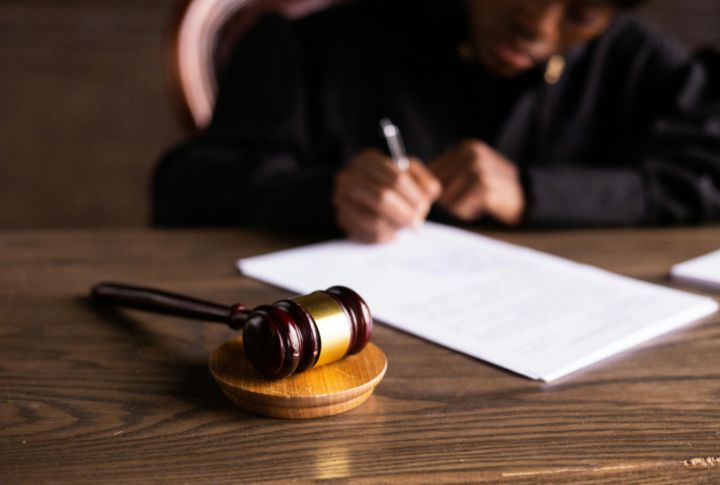
Few situations stir as much tension as dividing an estate after someone passes. Emotions run high, and questions about fairness or hidden motives surface. The good news is that the law provides clear protections for heirs in the U.S., but only if you know how to use them. Wondering what legal tools can safeguard your rightful inheritance? Let’s take a look.
Contesting A Suspicious Will

In the States, inheritance rights offer firm protections only for surviving spouses, leaving others in uncertain territory. But probate courts allow heirs to challenge wills by presenting evidence of incapacity. In case you feel there is an unjustified division, you can contest the same.
Demanding A Full Accounting

Executors are legally bound to manage and distribute assets fairly, but unethical practices or oversight can create issues. At that time, courts can step in and remove them. Beneficiaries can request full financial records, a safeguard that helps prevent disputes. This protects heirs from mismanagement.
Removing A Family Member As Executor

Many families appoint a sibling or child to handle the estate, but that choice isn’t always smooth. Personal interests can clash with fiduciary duties, sparking tension and mistrust. If an executor fails to act fairly, beneficiaries can petition the probate court, which holds the power to remove them.
Claiming Undue Influence

The law guards against undue influence, which shields elderly individuals from coercion in estate planning. When a questionable will change appears late in life, courts closely review the surrounding circumstances. They may strike out only the compromised sections, ensuring the genuine wishes of the testator remain intact.
Presenting Evidence Of Fraud Or Forgery

When a will looks odd or different, heirs can challenge it. Courts permit evidence gathering, including handwriting analysis of signatures and edits. Expert testimony mostly proves decisive. If forgery is shown, the judge will invalidate the document. This ensures that assets pass according to earlier wills or, if none exist, according to intestacy laws.
Contesting Sudden Property Transfers

Those suspicious property transfers that appear just before someone passes away don’t have to be the final word. Thanks to built-in legal safeguards, courts can thoroughly investigate these transactions, especially when non-family members are involved. With state-mandated look-back periods and powers to reverse transfers showing fraud, the system helps protect rightful inheritances.
Asserting Statutory Share Rights

Spousal inheritance rights have changed dramatically over time. Historically, a spouse could be disinherited entirely. Community property states later guaranteed each spouse automatic ownership of half the marital estate. Today, elective share laws ensure surviving spouses receive a portion of assets. The exact percentage varies by state and length of marriage.
Requesting Court Intervention For Missing Assets

The judicial system stands as a powerful guardian when estate assets mysteriously vanish, wielding comprehensive authority to investigate and recover missing property. Courts can compel executors to account for every asset and hold them financially liable for any resulting losses.
Challenging False Debt Claims

While opportunistic creditors may attempt to exploit estates through exaggerated or fabricated debt claims, the probate court system provides important protection. Executors wield significant authority to scrutinize every claim’s authenticity, which requires concrete evidence like canceled checks and loan documentation before releasing estate funds.
Filing For Rightful Heirship

Failing to prepare a will leaves your estate subject to intestate succession. In that scenario, the law automatically distributes assets to your spouse and children, or to siblings if no spouse survives. But you should know these statutes can produce surprising results, which include inheritances passing to distant relatives.

